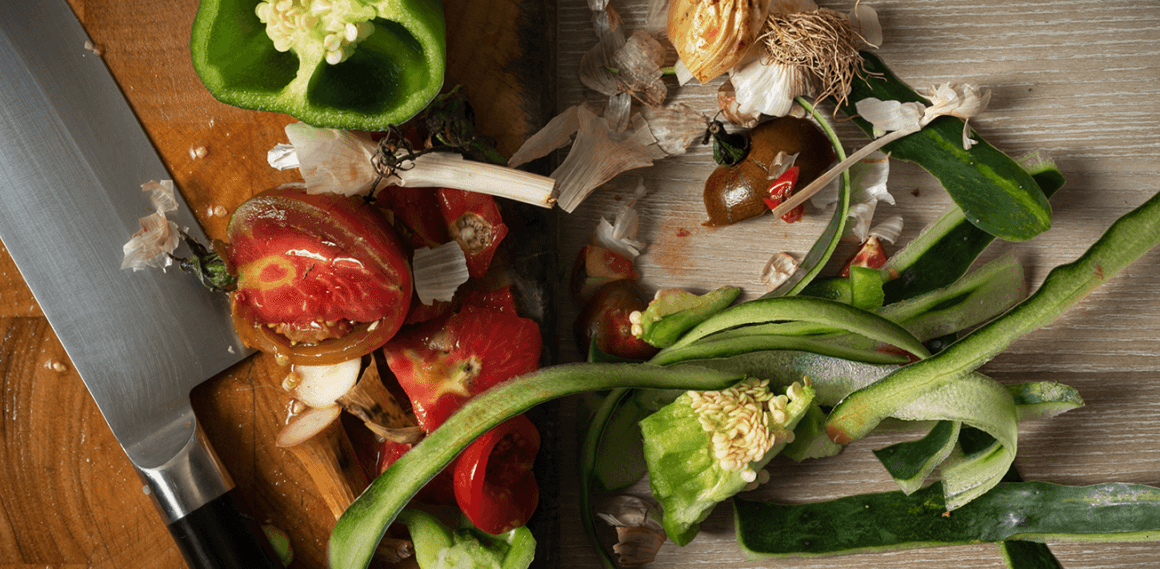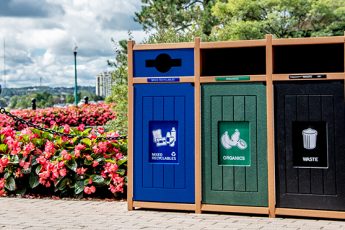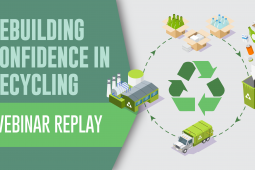Compost and organic waste collection have boomed over the past two decades in North America. Between 1994 and 2011, the number of Canadian homes participating in some form of composting rose 38% encompassing 61% of households. While these households are in the US, hundreds of communities have implemented an organics collection program with some of the larger cities and have begun collecting compostable material to aid their #Zerowaste goals.
While the list of what you can compost in your backyard versus a curbside collection organics program may differ slightly, or a lot depending on where you live, the waste hauler, what way the winds are blowing, who’s running for president, etc., some common elements should never be thrown on your compost pile or in your green bin.
*The following is by no means written in stone if you have a curbside collection program in your neighborhood, some of the listed items might be accepted by your program, check before you chuck!
Meat & Milk Products
While meat and dairy products are perfectly biodegradable, they can attract unwanted pests to your backyard or green bin. If some meat scraps end up in your pile, or you’re ill-equipped to fight off an army of raccoons, try burying them to the bottom of the pile.
Baked Goods
Like milk and meat products, wild animals have an affinity for baked goods just like you do, but if you find yourself throwing out a lot of cake, cookies, and various other delicious baked goods on a regular basis, wild animals are probably the least of your worries.
Treated Sawdust
Or, treated wood or wood scraps that have been turned into sawdust. The chemicals used in the treatment process can compromise the integrity of your “black gold” rendering it uses for future use. Untreated wood scraps and sawdust, on the other hand, are A-OK for the compost.
Highly Acidic Foods
Citrus fruit, tomato products, and pickled food products can do harm to your compost. High acidity can actually kill the good bacteria that help break down the material in your compost pile.
Oils and Gresy Food
The ecosystem of your compost requires a certain amount of moisture for its contents to decompose properly. Oils can mess with this delicate balance so keeping grease away from your compost pile is essential for its well-being.
Pet and Human Waste
While human and pet waste is “organic” do you really want the remnants of Taco Tuesday to be spread all over your lawn and garden in the near future? Probably not. Besides the fact that the idea just stinks, pet and animal waste can create a health risk, rendering your compost pile completely useless (and unbearably smelling).
Your neighbors will thank you for it!
Weeds
Yard waste usually makes a huge portion of your medley of organic material in the backyard and while it makes sense to throw leaves, plants and sticks and other greenery into your compost bin. Be wary of throwing weeds into the mix since they could potentially take root and start to grow throughout your organic waste, putting the quality of your mound in jeopardy.
__
So whether you’re composting for your garden or have an organics collection program to help alleviate the amount of trash going to your community’s Landfill, keeping the above items out of your compost will get you on the right track.
And always remember – “Check before you chuck”.
Sources
http://www.care2.com/causes/32-surprising-things-you-can-compost-and-16-things-you-shouldnt.html
http://www.barrie.ca/Living/GarbageAndRecycling/Pages/Composting.aspx
http://www.organicauthority.com/sanctuary/11-items-you-shouldnt-compost.html




















